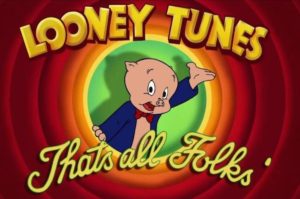By Nancy Black
This little piggy went to market
This little piggy stayed home
This little piggy ate roast beef
This little piggy had none
This little piggy went wee, wee, wee all the way home.
Now I get it. My mother wasn’t just playing with my toes. She was teaching me about society — the haves and have nots. Wow! It only took me 50 plus years to figure that out.
The people in our world who have access to food are the haves, i.e., the big toes. The people in our world who do not have access to food are the have nots — the rest of the toes (except for the one who gets roast beef).
As I sat all cool and comfortable in my van at a stop light recently, I watched a woman struggling to board a city bus with both her arms weighted down by bulging plastic grocery bags. I felt very fortunate to have a car. Then, I realized, not only was I grateful to have a car, I was equally thankful to have a real grocery store within five miles of my home.
I have a friend who lives in Oak Cliff, and going to the grocery store for her is an all-day affair via public transportation. There is no such thing as running down to the store “real quick” to pick something up for dinner. Unless you want pizza, fried chicken or McDonald’s, you are out of luck. Even 7-Elevens are hard to find. Evidently, large grocery store chains don’t find it economically feasible to operate in low income neighborhoods.
So here I am attempting to write about the nutritional injustices in our society, comparing such woes to toes, but my teenager blew my entire “Little Piggy” analogy out the window. When I shared my theory, they simply said, “‘This little piggy’ wasn’t going to market to shop!”
“What do you mean?” I asked innocently.
My youngest informed me, with a very serious look, “The pig was going to market to be sold for food.”
My entire childhood flashed before my eyes. Instead of seeing an animated Porky Pig skipping down a flower-covered lane on the way to his local store, I started seeing visions of the meat packing industry of the 1900s described so vividly in Upton Sinclair’s “The Jungle.” Seriously, I was like Dorothy when she realizes the Great and Powerful Oz was just a man behind a curtain.
The next time I try to place a silly analogy like “This little piggy” on the incredibly serious plight of being nutritionally disadvantaged, I’ll think twice. Until then, “That’s all folks!”

